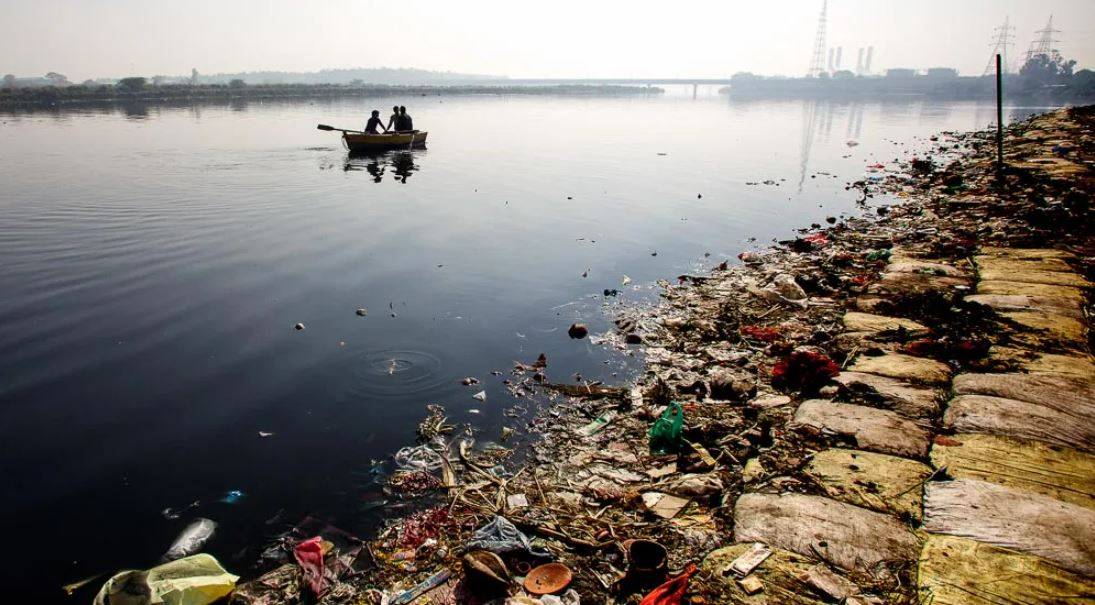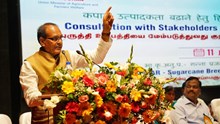
On December 2, National Pollution Control Day is observed to raise public awareness about environmental pollution and its disastrous consequences. Pollution can come in many forms: the air we breathe, the water we drink, the soil we use to grow our food, the lit-up skies we see every day, and even the increasing noise we hear every day can all contribute to health problems and a lower quality of life, as well as major disruptions and effects on wildlife and ecosystems.
National Pollution Control Day History
-
Since the terrible Bhopal Gas Tragedy in 1984, every year on December 2nd has been designated as National Pollution Control Day. The day also honours the innocent victims who died as a result of the horrific Gas disaster.
-
On the night of December 2nd, 1984, a gas leak at the Union Carbide India Limited pesticide plant in Madhya Pradesh resulted in the Bhopal Gas Tragedy. More than 5 Lakh individuals were exposed to the deadly vapors of methyl isocyanate gas, and the government of Madhya Pradesh recorded more than 3700 deaths as a result of the gas leak.
Objectives of the Day:
-
Raise awareness on how to manage and control industrial disasters.
-
Prevent pollution caused by industrial activities or carelessness on the part of humans.
-
Make citizens and businesses aware of the significance of pollution control legislation.
Major Acts to Combat Pollution:
The Indian government has introduced many acts and policies to manage and prevent pollution in India on a regular basis:
-
Water (Prevention and Control of Pollution) Act of 1974
-
Water (Prevention and Control of Pollution) Cess Act of 1977
-
Air (Prevention and Control of Pollution) Act of 1981
-
Environment (Protection) Act of 1986
-
Environment (Protection) Rules of 1986
-
Ozone Depleting Substances (Regulation) Rules of 2000
-
Noise Pollution (Regulation and Control) Rules of 2000
-
Municipal Solid Waste (Management & Handling) Rules of 2000
-
Plastic Waste Management Rules, 2016
-
E-Waste (Management) Rules, 2016
The sole purpose of the National Pollution Control Day is to raise awareness about the causes of pollution & ways to reduce pollution in the environment. Therefore, it’s critical that people pay attention to the growing pollution concerns and are aware of the ways in which they can help to manage the pollution threat in our country. To conclude, I would like to suggest the easiest, yet difficult way to combat pollution i.e.
Reduce Needs, Recycle Waste & Reuse Items!!!
















